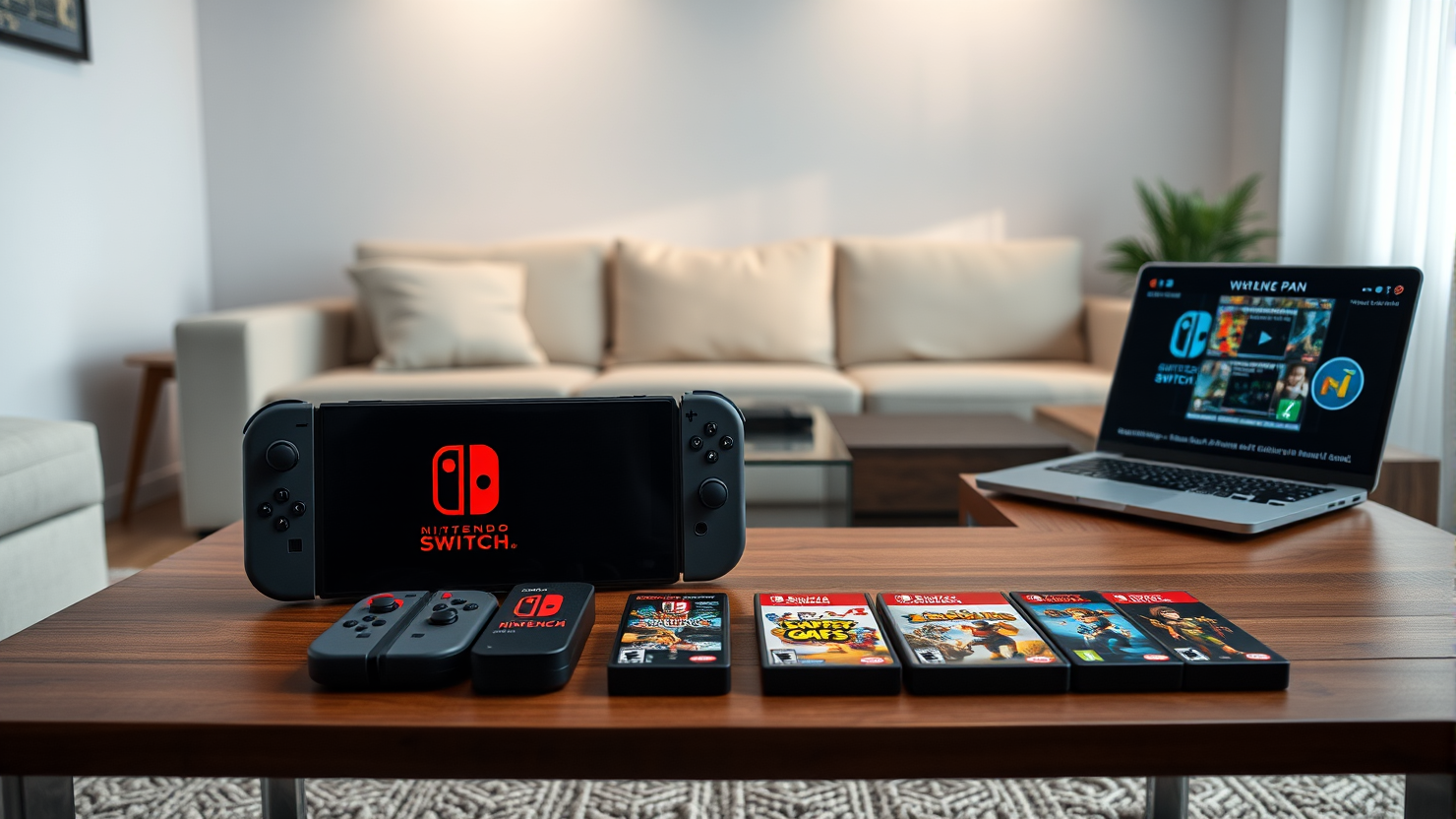Landmark $1.5 Billion Settlement in Author Lawsuit Against Anthropic Challenges AI Use of Copyrighted Material

In a significant development, around half a million authors are poised to receive compensation totaling $1.5 billion as part of a record-breaking settlement in a class action lawsuit filed against Anthropic. This settlement marks the largest payout in the history of U.S. copyright law, although it may not entirely benefit the authors themselves.
The tech sector is intensifying its efforts to accumulate vast quantities of written content to fuel the development of cutting-edge AI chat services like ChatGPT and Claude. These AI products have sparked concerns within the creative industries, despite their rather mundane outputs. The sophistication of these AIs increases with the volume of data they process, yet major tech companies are approaching a point where they are running out of new material to ingest due to extensive internet scraping.
To address this issue, Anthropic, the company behind Claude, resorted to illicitly obtaining millions of books from “shadow libraries” and feeding them into its AI. The Bartz v. Anthropic lawsuit is one of many filed against tech giants like Meta, Google, OpenAI, and Midjourney, focusing on the legality of using copyrighted works to train AI.
However, authors will not receive this settlement for their work being fed to an AI. Instead, it serves as a costly penalty for Anthropic, a company that recently secured an additional $13 billion in funding, for illegally downloading books rather than purchasing them legitimately.
In June, federal judge William Alsup ruled in favor of Anthropic, determining that training AI on copyrighted material falls under the fair use doctrine, a copyright law exception that has remained unchanged since 1976. The judge contends that such use cases are “transformative” enough to be protected by this carve-out.
“Like any reader aspiring to be a writer, Anthropic’s LLMs were trained on works not to replicate or supplant them but to take a new direction and create something distinct,” the judge stated.
The piracy, rather than the AI training, prompted Judge Alsup to bring the case to trial. However, with Anthropic’s settlement, a trial is no longer necessary.
Aparna Sridhar, deputy general counsel at Anthropic, commented, “Today’s settlement, if approved, will resolve the plaintiffs’ remaining legacy claims. We remain dedicated to developing safe AI systems that aid people and organizations in extending their capabilities, advancing scientific discovery, and solving complex problems.”
As numerous cases exploring the relationship between AI and copyrighted works make their way through the courts, Bartz v. Anthropic now serves as a notable precedent. However, given the far-reaching implications of these decisions, it remains to be seen whether future judges will arrive at different conclusions.






